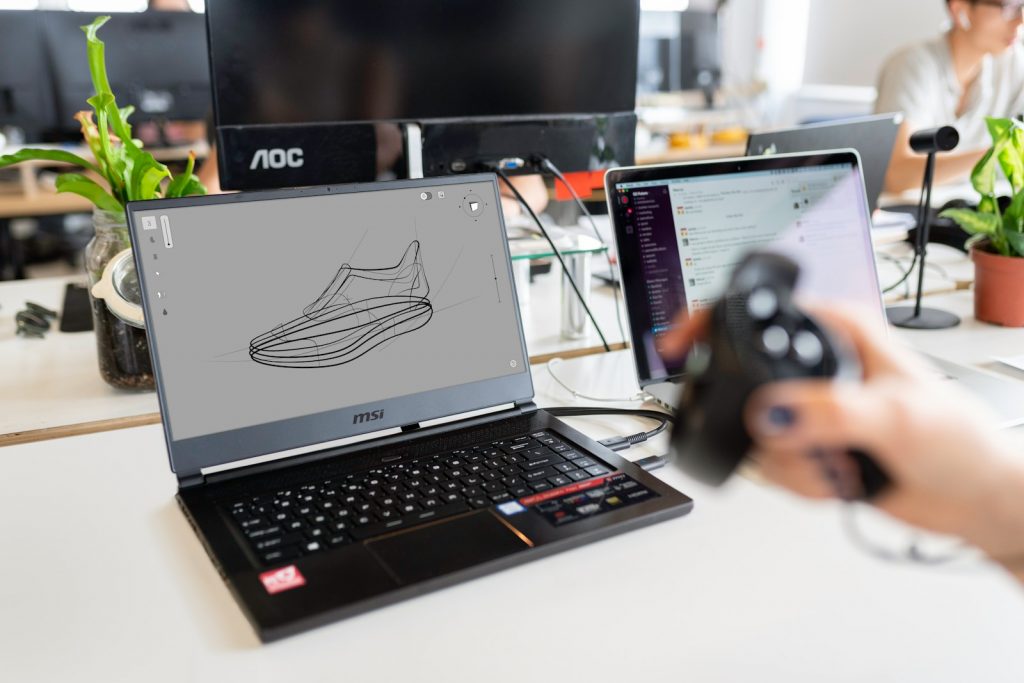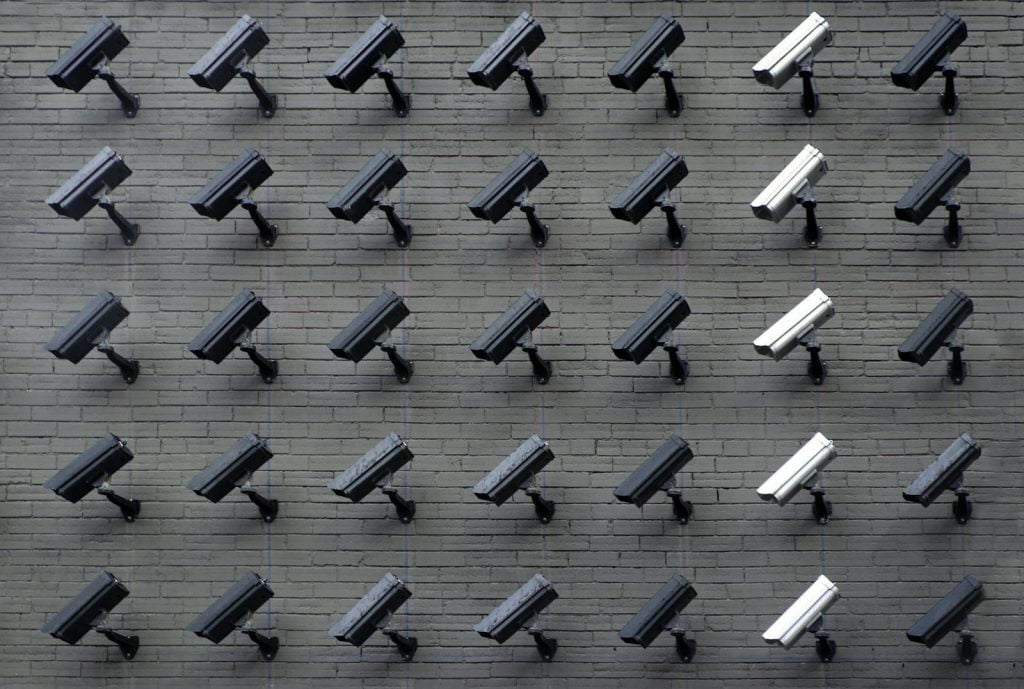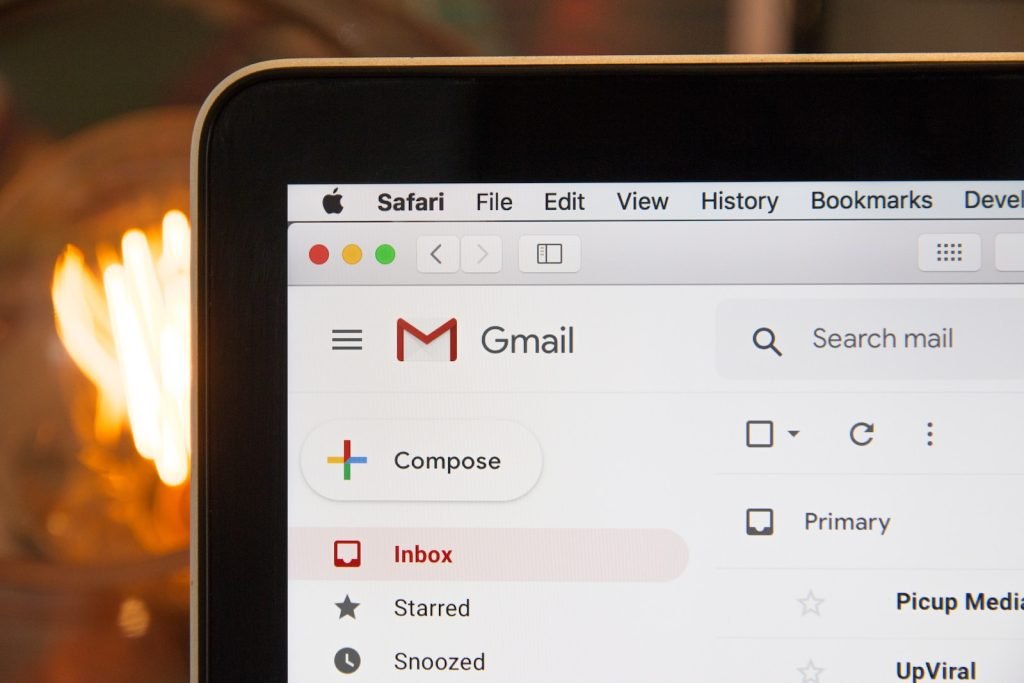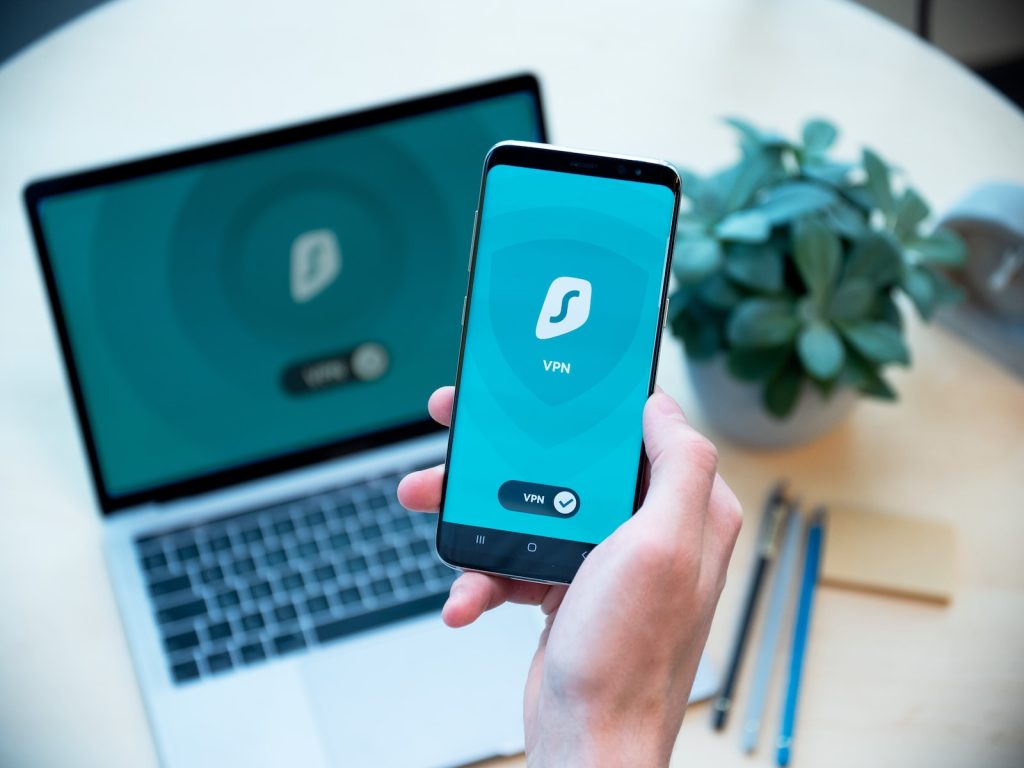Protecting Your Privacy and Security Online: Our lives are increasingly intertwined with the online world in today’s digital age. We rely on the Internet for communication, information, entertainment, and financial transactions. However, this increased connectivity exposes us to various online threats, from identity theft to invasive surveillance. Protecting your privacy and security online has become more critical than ever.
This comprehensive guide explores the various aspects of safeguarding your online presence. From understanding the threats to implementing practical measures, we will cover the essential steps you need to take to maintain your privacy and security in the digital realm.
Understanding the Threat Landscape

Before diving into the protective measures, it’s crucial to understand the threats you may encounter online. Here are some of the most common risks:
- Identity Theft: Cybercriminals can steal your personal information, such as social security numbers, bank account details, and credit card information, to commit fraud or other malicious activities.
- Phishing Attacks: Attackers use deceptive emails or websites to trick you into revealing sensitive information like login credentials.
- Malware: Malicious software, including viruses, ransomware, and spyware, can infect your devices, steal data, or even lock your files until a ransom is paid.
- Data Breaches: Large-scale breaches of databases containing personal information can expose your data to criminals.
- Online Tracking: Companies and advertisers track your online behavior, collecting data for targeted advertising.
- Government Surveillance: Some governments use mass surveillance to monitor citizens’ online activities.
Now that you know the risks, let’s delve into practical steps to protect your privacy and security online.

1. Secure Your Devices and Software
Your devices are the gateways to your online world. Ensuring their security is the first line of defense.
a. Keep Software Updated: Regularly update your operating system, browsers, and applications. Updates often include security patches to fix vulnerabilities.
b. Use Strong Passwords: Create complex, unique passwords for each online account. Consider using a reputable password manager to keep track of them.
c. Enable Two-Factor Authentication (2FA): Enable 2FA wherever possible. This adds an extra layer of security by requiring a second form of verification, such as a text message or authentication app.
d. Install Antivirus Software: Antivirus and anti-malware software can help detect and remove malicious programs.

2. Safeguard Your Online Accounts
Your online accounts contain a treasure trove of personal information. Protecting them is paramount.
a. Be Wary of Phishing: Be cautious when clicking links or opening email attachments. Verify the sender’s authenticity before providing any information.
b. Use Strong, Unique Passwords: We’ve mentioned this before, but it’s worth reiterating. Strong passwords are your first line of defense.
c. Review Account Activity: Regularly check your account activity and statements to spot any suspicious transactions or activities.
d. Implement Account Recovery Options: Set up account recovery options like backup email addresses or phone numbers. These can help you regain access if you’re locked out.

3. Protect Your Personal Information
Your personal information is precious to cybercriminals. Safeguard it vigilantly.
a. Limit Personal Information Sharing: Be cautious about what you share online, especially on social media. Avoid sharing sensitive data like your full address or phone number.
b. Use Privacy Settings: Adjust the privacy settings on social media platforms to control who can see your information.
c. Encrypt Sensitive Data: Use encryption tools like HTTPS (secure browsing) and end-to-end encryption for messaging apps to protect your data in transit.
d. Be Cautious with Public Wi-Fi: Avoid using public Wi-Fi for sensitive transactions. Use a virtual private network (VPN) to encrypt your connection if necessary.

4. Enhance Your Online Browsing Privacy
Browsing the internet leaves a digital trail. Taking steps to protect your online activities is crucial.
a. Use a Privacy-Focused Browser: Consider using browsers like Mozilla Firefox or Brave, known for their privacy features.
b. Install Browser Extensions: Add privacy-focused browser extensions like uBlock Origin, HTTPS Everywhere, and Privacy Badger to enhance your protection.
c. Clear Cookies and Cache: Regularly clear your browser’s cookies and cache to reduce tracking.
d. Utilize Search Engines with Privacy Features: Opt for search engines like DuckDuckGo or Startpage, which prioritize user privacy.

5. Secure Your Emails
Email accounts are often a target for cyberattacks due to the sensitive information they contain.
a. Enable Encryption: Use encrypted email services like ProtonMail or configure email encryption with tools like PGP.
b. Verify Senders: Always double-check email sender addresses, especially for sensitive or unexpected messages.
c. Avoid Clicking on Suspicious Links: Be cautious about clicking on links or downloading attachments from unknown sources.
d. Use Disposable Email Addresses: Consider using disposable email addresses for less critical communications.

6. Educate Yourself and Others
Knowledge is your most potent defense against online threats. Educate yourself and spread awareness.
a. Stay Informed: Stay updated on the latest cybersecurity threats and best practices through reputable sources.
b. Educate Family and Friends: Share your knowledge with friends and family to help protect them from online threats.
c. Participate in Online Security Courses: Consider taking online courses on cybersecurity to deepen your understanding.

7. Employ Virtual Private Networks (VPNs)
VPNs can add an extra layer of security to your online activities.
a. Mask Your IP Address: A VPN hides your IP address, making it difficult for anyone to trace your online activities back to you.
b. Encrypt Internet Traffic: VPNs encrypt your internet traffic, ensuring your data remains unreadable even if intercepted.
c. Choose a Reputable VPN Service: Opt for a trustworthy VPN service with a strict no-logs policy.

8. Be Cautious with Social Media
Social media can be a breeding ground for privacy breaches. Manage your profiles wisely.
a. Review Privacy Settings: Regularly review and update your privacy settings on social media platforms.
b. Limit Sharing: Be selective about the information you share on social media, especially personal details.
c. Watch for Phishing: Be vigilant for phishing attempts through social media messages or friend requests.
Read also: Privacy Policy and Social Media Cartoons
As our lives become increasingly digital, safeguarding our privacy and security online is paramount. By understanding the threats, adopting best practices, and remaining vigilant, you can minimize the risks and enjoy a safer online experience. Protecting your online presence is ongoing, and staying informed about evolving threats is crucial. By following the guidelines outlined in this comprehensive guide, you can take control of your online privacy and security.
Frequently Asked Questions (FAQ) about Protecting Privacy and Security Online
Why is online privacy and security important?
Online privacy and security are vital to protect your personal information, financial assets, and digital identity. Failing to secure your online presence can lead to identity theft, data breaches, and financial losses.
What are some common online threats to privacy and security?
Common online threats include phishing attacks, malware infections, data breaches, identity theft, online tracking, and government surveillance.
How can I create strong and unique passwords for my online accounts?
Use a combination of uppercase and lowercase letters, numbers, and symbols. Avoid using easily guessable information like birthdays or common words. Consider using a reputable password manager to generate and store complex passwords.
What is two-factor authentication (2FA), and why should I use it?
2FA adds an extra layer of security to your online accounts by requiring two verification forms before granting access. It enhances your account’s security by making it more challenging for unauthorized users to gain entry.
Are public Wi-Fi networks safe to use?
Public Wi-Fi networks can be risky because they are often unsecured. Avoid using them for sensitive transactions. If you must use public Wi-Fi, consider using a virtual private network (VPN) to encrypt your connection.
How can I protect my personal information on social media?
Review and adjust your privacy settings on social media platforms. Limit the personal information you share, be cautious about accepting friend requests from strangers, and avoid posting sensitive data like your home address or phone number.
What is a VPN, and how does it enhance online privacy?
A Virtual Private Network (VPN) masks your IP address and encrypts your internet traffic, making it difficult for anyone to trace your online activities. It adds an extra layer of privacy and security when browsing the internet.
How can I recognize a phishing email or website?
Look for signs like generic greetings, misspellings, suspicious sender email addresses, and urgent requests for personal information. Always verify the sender’s authenticity before clicking links or providing sensitive information.
What should I do if I suspect my online account has been compromised?
Immediately change your password, enable 2FA if not already used, and contact the service provider to report the breach. Monitor your account for any unauthorized activity.
How can I stay informed about the latest cybersecurity threats and best practices?
Stay informed by following reputable cybersecurity websites, attending online security courses, and reading security-related news. Additionally, consider subscribing to cybersecurity newsletters for regular updates.
Is it necessary to use encryption tools when communicating online?
Encryption tools like secure messaging apps and email encryption add an extra layer of protection to your communications. While not always essential, they are highly recommended for sensitive discussions and information sharing.
What can I do to protect my privacy from government surveillance?
Use privacy-focused tools and services, such as encrypted messaging apps and VPNs. Educate yourself on government surveillance laws and consider using anonymous networks like Tor for heightened privacy.


